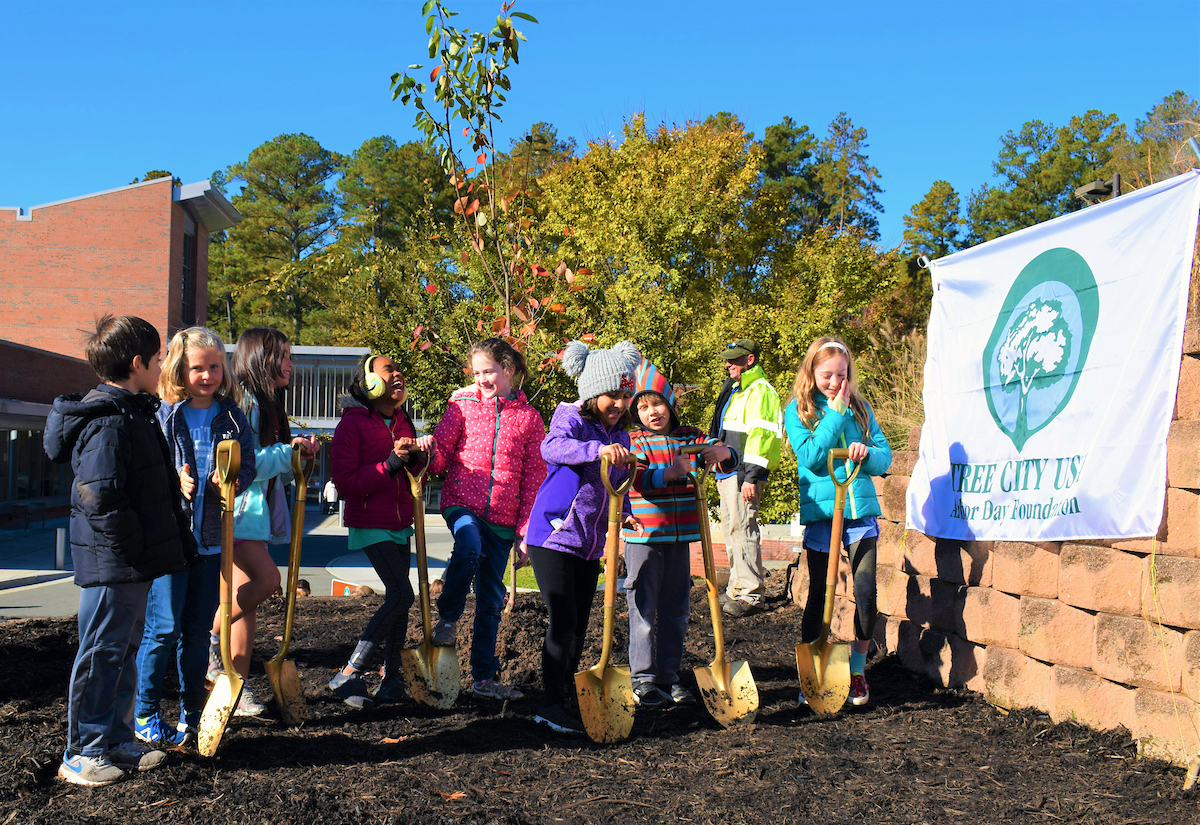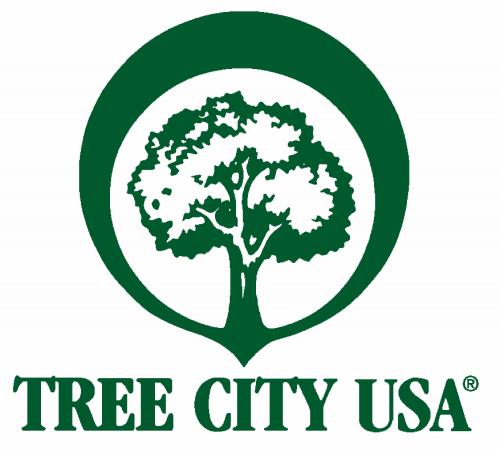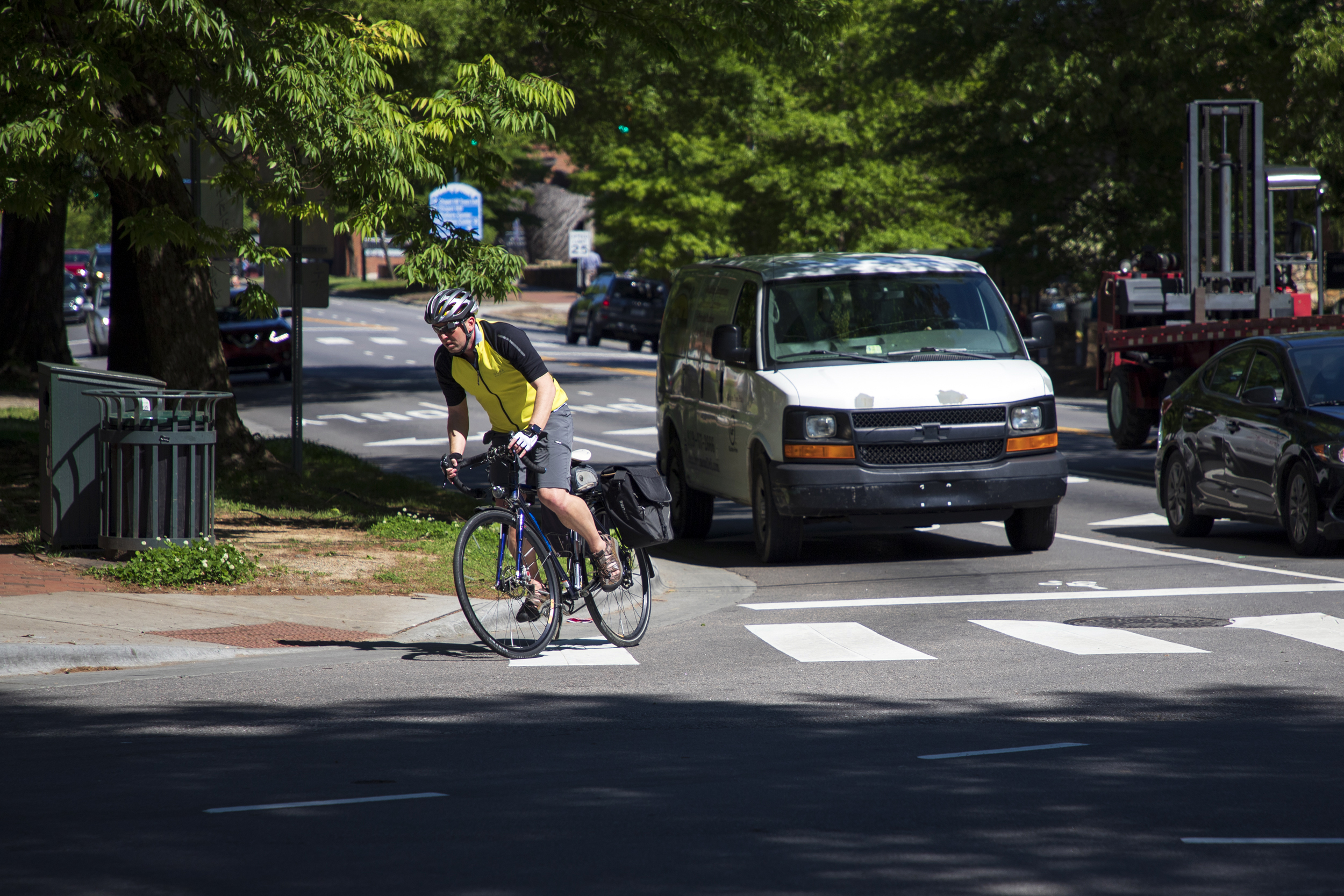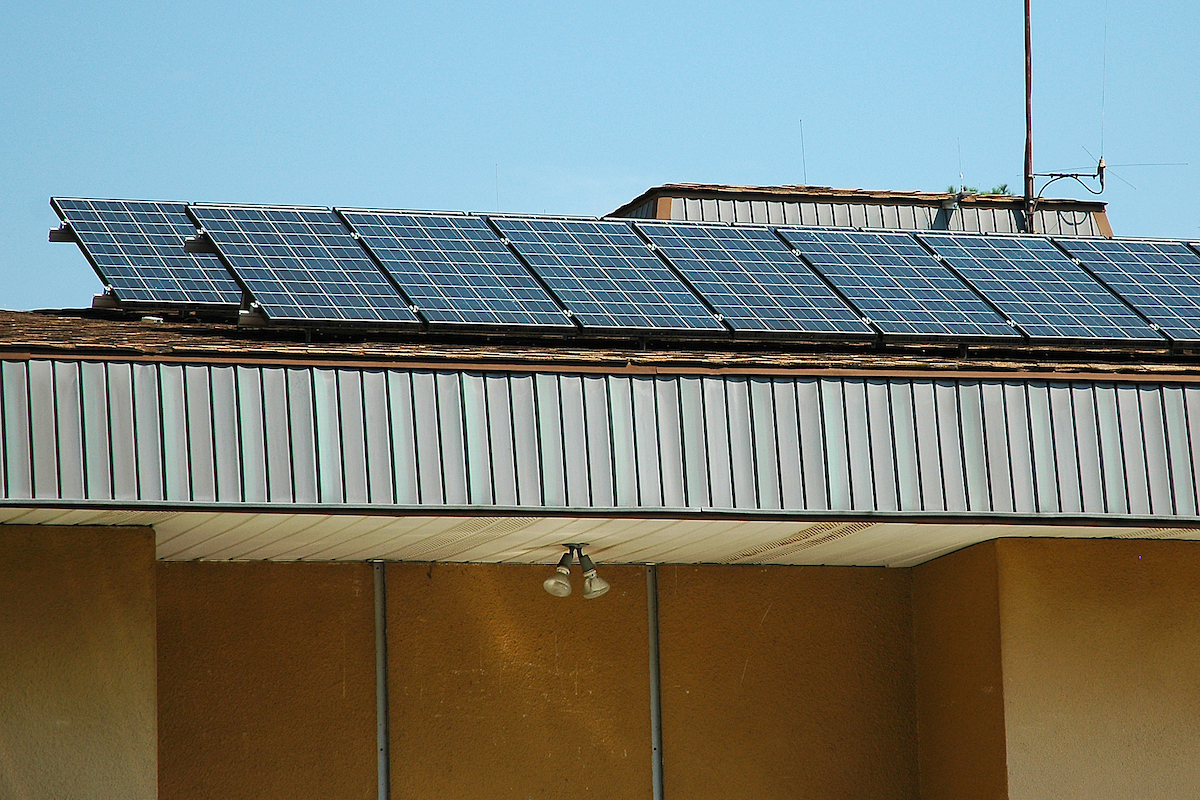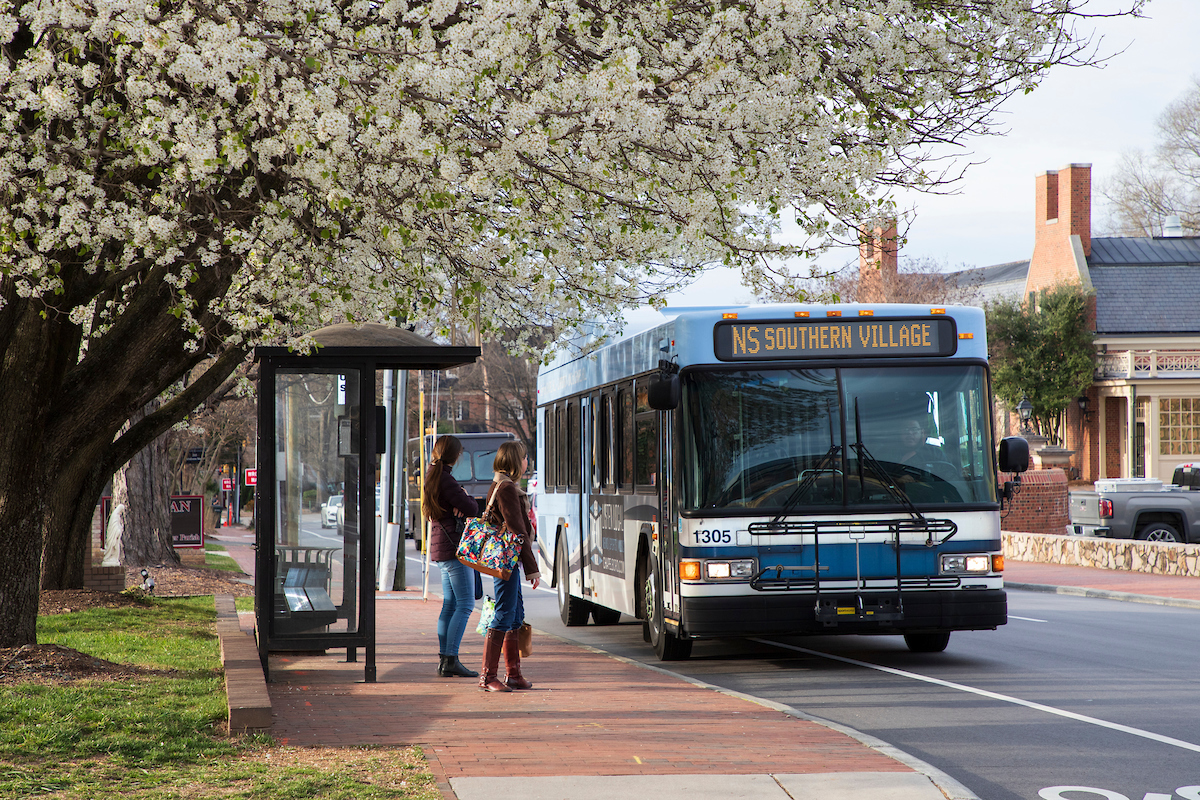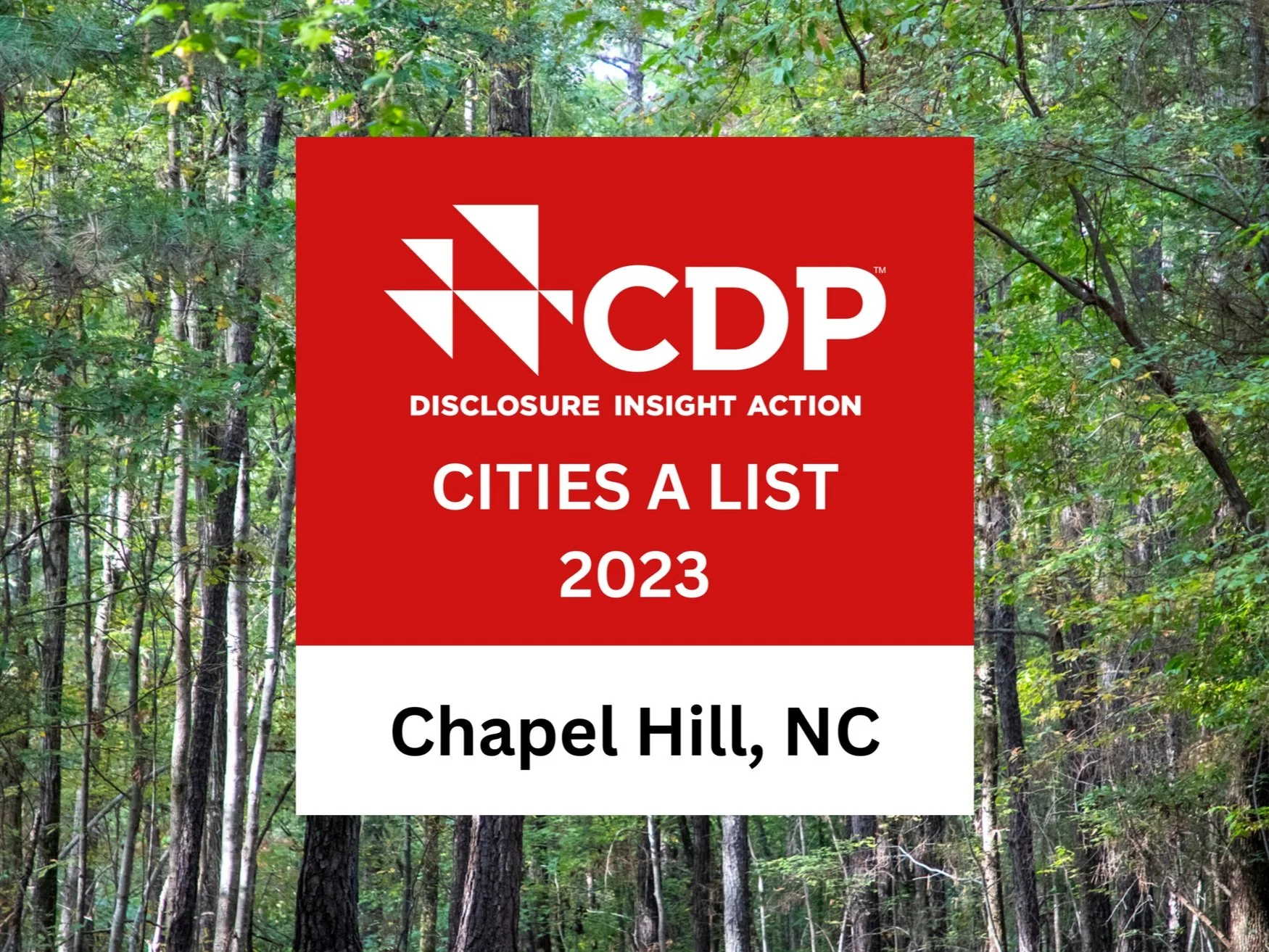Town Awards
tree city usa award
The Town of Chapel Hill is proud to be a recipient of this award for the past 25 years! To receive recognition, a community must meet four core standards for its public trees:
Form a Tree Board or Department: In Chapel Hill, the Town Arborist in the Parks and Recreation Department cares for trees on town property.
Establish a Tree Care Ordinance: This provides clear authority and guidance for the care of public trees.
Maintain a Community Forestry Program: This is required to have an annual budget of at least $2 per capita for the planting, care, and removal of trees.
Proclaim and Observe Arbor Day: Here in Chapel Hill, we celebrate Arbor Day in late November.
CDP A-List Award
Chapel Hill is one of 120 cities and towns worldwide to earn the 2023 CDP A-List ranking for bold climate action and transparency. This is Chapel Hill’s third year in a row receiving an “A” rating, which is the highest score awarded by the environmental nonprofit CDP.
Cities on the A-List have demonstrated climate leadership through concerted and effective action. The requirements for this top ranking in 2023 were higher than in previous years and include:
Completing community-wide emissions inventories
Disclosing emissions information publicly through CDP-ICLEI Track
Publishing a climate action plan
Transportation and Mobility Awards
The Town has won a variety of awards associated with sustainable and safe mobility, including the following:
Bicycle-Friendly Business Recognition for Town Hall (2021-2025)
NC Vision Zero Collaboration Partner of the Year (2022)
Vision Zero Leadership Award (2024)
Silver-Level Bike-Friendly Community Award (2022-2026)
National Association for Commuter Transportation Outstanding Public-Private Partnership Award (2023)
SolSmart award
This award is given to organizations that provide the best accommodations for the solar energy community. The Town of Chapel Hill won the gold award for the following:
Created an online permitting checklist, increasing transparency for community members and solar installers.
Reviewed local zoning codes and identified restrictions that intentionally or unintentionally prohibit solar energy.
Allowed accessory use solar by right in all major zones
Cross-trained inspection and permitting staff on solar via in-person or online resources
Hosted a Community “Solarize” campaign, allowing residents to benefit from group discounts and affordable solar financing

